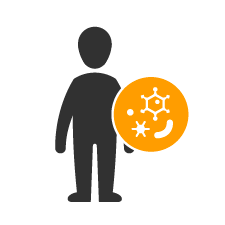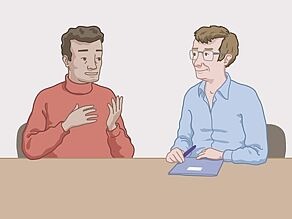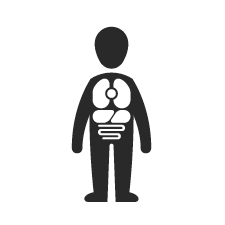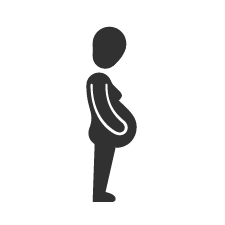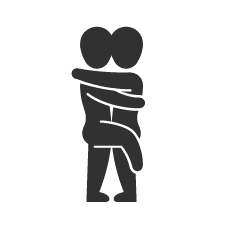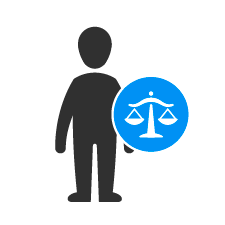If you think you may have an STI, ask a doctor for help. STIs should be treated to avoid negative effects on your health. Talk to a doctor to help you get the right treatment.
Follow the treatment as long as, and in the way that, the doctor tells you. Continue the treatment even when the symptoms have disappeared.
There are different types of STIs. STIs do not always have symptoms. Depending on the type of STI, the treatment is different.
Treatment for bacterial STIs
- chlamydia;
- gonorrhoea and
- syphilis, among others.
Bacterial STIs can be treated with antibiotics. You need a prescription from a doctor to get the medicines from a pharmacy.
During treatment, avoid sex while you still have symptoms or use a condom to lower the risk of infecting someone else.
Treatment for viral STIs
- HIV;
- hepatitis B;
- herpes and
- genital warts, among others.
Some viral STIs cannot be cured, but the symptoms can be treated.
- Hepatitis B: Rest well. If necessary, the doctor can prescribe you medicines.
- Herpes: If necessary, the doctor prescribes you medicines to treat the blisters.
- Genital warts: The doctor can prescribe a cream to apply on the warts. If necessary, the doctor removes the warts by cutting them away or freezing them.
Treatment for parasitic STIs
- scabies;
- trichomoniasis and
- pubic lice
Scabies:
- The doctor can prescribe a cream to apply on your skin.
- Wash underwear, clothes, pyjamas, bed linen and towels very hot (at least 60°C) every day.
Trichomoniasis:
- Can be treated with antibiotics.
- You need a prescription from a doctor to get the medicines.
Pubic lice:
- The doctor can prescribe a cream to apply on your skin where you have lice.
- Wash underwear, clothes, pyjamas, bed linen and towels very hot (at least 60°C) every day.

